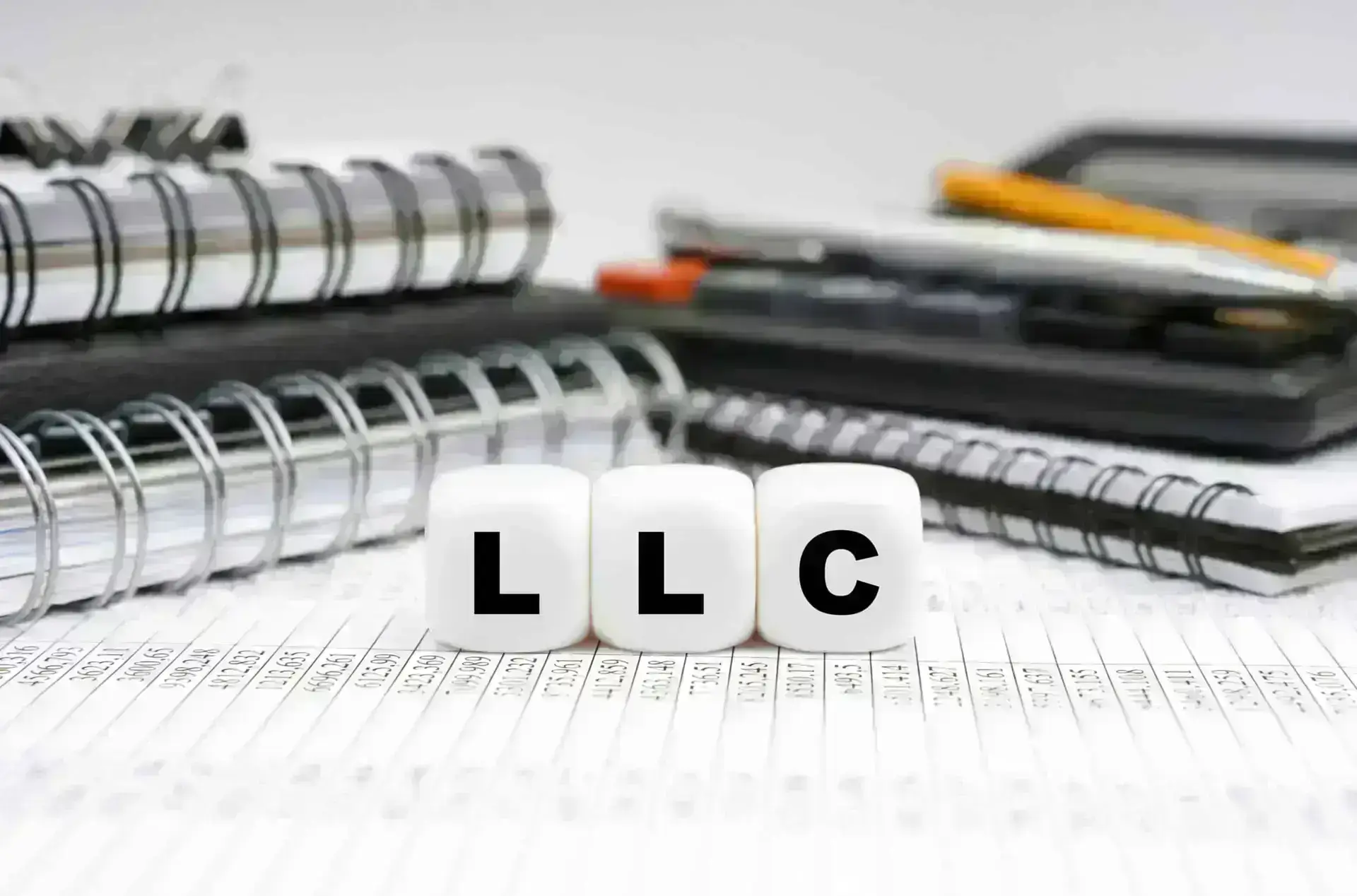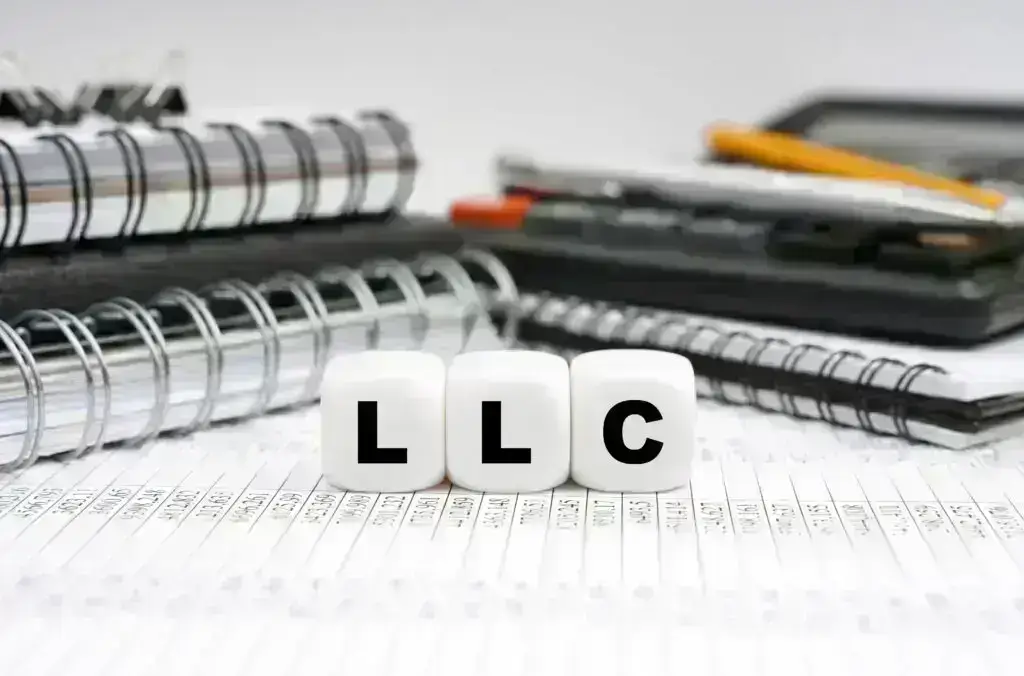Choosing the right business structure is crucial when starting your home inspection business. Options to consider include a sole proprietorship, partnership, corporation, and limited liability company (LLC), each with its own unique benefits. If personal liability protection, business credibility, and flexibility are essential to you, then an LLC might be the right choice for your business. Wondering how to form an LLC? Below, we’ll cover the basic steps.
How to Form an LLC
An LLC is a business structure that combines some of the most sought-after benefits of corporations, partnerships, and sole proprietorships. One of the most attractive benefits of an LLC is that it provides personal liability protection. In other words, your assets are protected even if your home inspection business is sued or goes bankrupt. Another crucial benefit is that, as an LLC, you won’t need to pay corporate taxes (although self-employment tax will still apply).
Ready to take the next step? Let’s explore how to form an LLC.
Choose a Business Name
Before you can form an LLC, you’ll first need to select a unique and memorable business name. Choosing a name that reflects your business and is easy for customers to remember is essential. However, before finalizing your choice, make sure to check the availability of the name in your state — many states won’t allow you to choose a name that another business in your state is already using. To see if your business name is available, search your state’s Secretary of State website or use online tools provided by legal service providers.
Pick a DBA
If you wish to operate your LLC under a name different from your official legal name, you can choose a DBA (“doing business as”) name. Simply put, a DBA is a formalized fictitious name, assumed name, or trade name for a company. Using a DBA allows you to operate your business using a name other than your given name. Not every business requires or would benefit from a DBA. If you choose to use one, note that a DBA is not a separate business structure and does not have any legal protections. If you use a DBA to operate your LLC, check with your state about the requirements for filing the new name.
File LLC Articles of Organization
Next, check your state’s requirements: some states require that you publish a notice in a local paper announcing that you intend to form an LLC before you can file articles of organization.
After that, to officially form your LLC, you’ll need to complete and file articles of organization with the appropriate state agency. This document typically includes information such as your LLC’s name, registered agent details, the purpose of the business, contact information, and duration of the LLC. Instructions, requirements, and fees vary from state to state, so be sure to check your state’s requirements for completing and filing these forms.
Designate a Registered Agent
Every LLC must have a registered agent who receives official correspondence and legal documents on behalf of the company. The registered agent can be an individual, a professional registered agent service, or the LLC itself, depending on the state’s requirements. In some states, you can even act as your own registered agent. Registered agents must have a physical address within the state where the LLC is formed to ensure that essential notifications and legal documents reach your LLC promptly. If your business operates in multiple states, you will typically need to have a registered agent for each one.
Prepare an LLC Operating Agreement
Although many states don’t require an LLC operating agreement, having one in place is still highly recommended. An LLC operating agreement is a legal document that outlines the ownership structure, management responsibilities, and operational rules of the LLC. It helps clarify the roles and expectations of all members involved and protects the business’s integrity in case of disputes or changes in ownership. It’s highly recommended any LLC with more than one member or partner prepare an operating agreement, but even solo business owners benefit from creating an operating agreement.
Work with a Professional
While it is possible to form an LLC on your own, working with a professional such as a lawyer or an accountant can provide valuable guidance and ensure that all legal aspects are adequately addressed. They can help you navigate the complexities of forming an LLC, including paying taxes, drafting contracts, and complying with local regulations. Investing in professional expertise upfront can save you time, money, and potential headaches down the road.
Are you in the process of creating an LLC for your home inspection company? Check out Inspection Support Network. We offer an all-in-one home inspection software solution, providing everything you need to build, manage, and optimize your business. From organizing your schedule and seamlessly processing payments to keeping in touch with clients, writing and delivering detailed inspection reports, and tracking mileage and upsells, our software covers every aspect of the home inspection business. Plus, our dedicated live support team ensures a hassle-free experience. Start your free trial today — no credit card or contract required!


